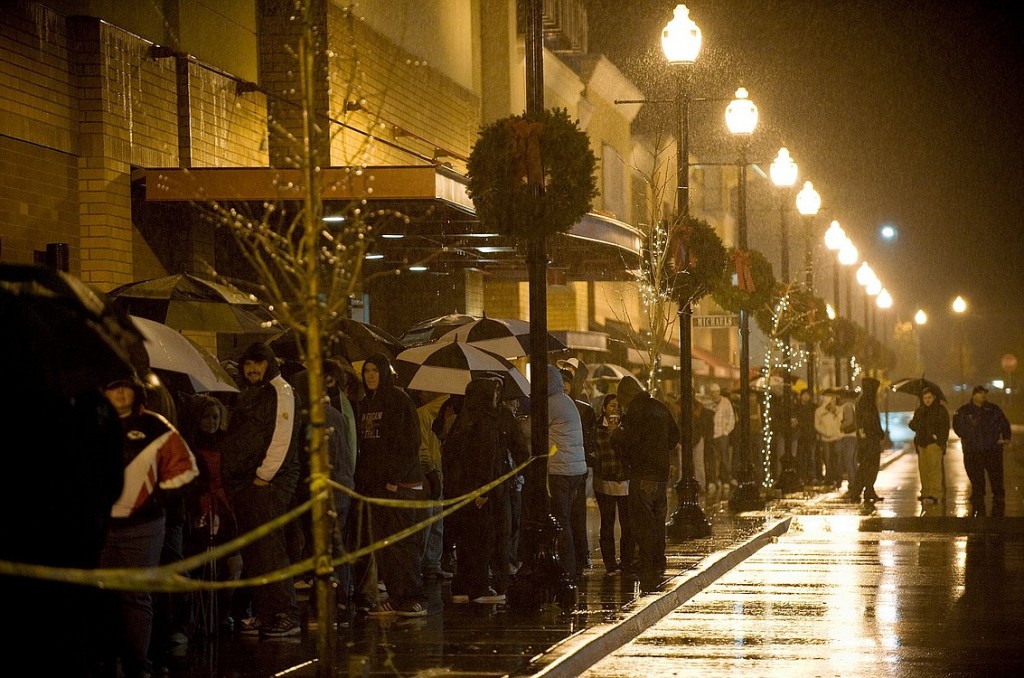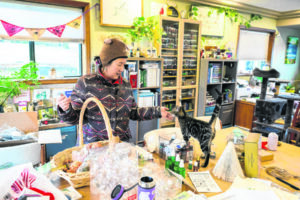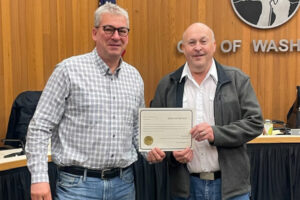The City of Camas recently mailed a letter to Gov. Jay Inslee, raising concerns about oil train safety and supporting efforts to improve emergency preparedness efforts.
The letter signed by Mayor Scott Higgins was sent last week.
Tesoro Corp. and Savage Companies are proposing to build an oil-transfer terminal at the Port of Vancouver. It would be capable of handling 360,000 barrels of crude oil per day.
“I recognize it’s out of our scope to directly influence, but putting a voice out there helps.”
— Greg Anderson, mayor pro-tem
“A major east-west railroad corridor passes through Camas adjacent to our downtown, residential areas, the Georgia-Pacific paper mill and the Columbia River and its tributaries,” Higgins’ letter states. “The number of crude oil railroad cars passing through our city continues to increase and if there is a terminal located in Vancouver, Washington, the numbers would significantly increase.”
According to Higgins, the Camas-Washougal Fire Department is not equipped to handle the type of train derailments and explosions that have happened in the rural areas of Illinois and West Virginia.





